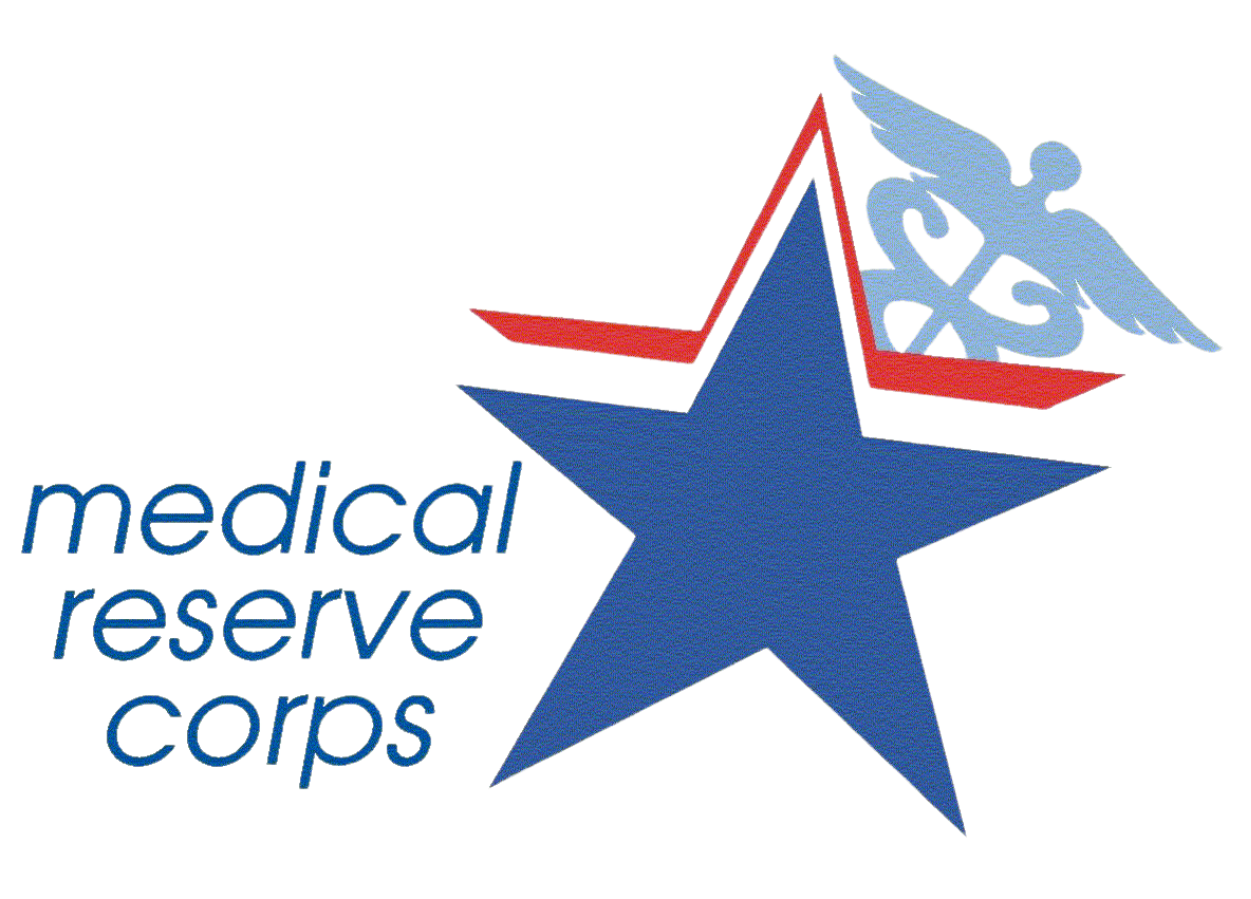In the US, over 350,000 people experience sudden cardiac arrest every year.
That’s nearly 1000 people every day
Sobering cardiac statistics
About 75% of cardiac arrests occur in the home, only about 12% out in public
Nationwide only about 10% of people who experience sudden cardiac arrest survive to be discharged from the hospital
Cardiac arrest kills more people than lung cancer, breast cancer, prostate cancer, car accidents and gun violence combined
Cardiac arrest impacts people of any age, race, ethnicity and income level
Prompt CPR increases the chance of survival
Performing CPR right away can double or triple the persons chance of survival
For every minute that goes by without CPR, the person’s chance of survival decreases about 10%
In only about 40% of cases does someone perform CPR before the paramedics arrive on scene
Women and minorities receive CPR less than white men
Cardiac arrest and children
Nearly 7,000 student athletes experience cardiac arrest every year
Cardiac arrest is the leading cause of death in student athletes and on school campuses
Every hour, every day a student dies of cardiac arrest
Don’t let fear stop you.
Good Samaritan laws protect you from liability when you help in an emergency, even if you aren’t successful.
It is possible that you might break a patient’s rib or tear cartilage while doing chest compressions, but they will heal if you save their life.
We can avoid the risk of disease transmission by performing Hands Only CPR.
Hands-only CPR is effective
Mouth to mouth breathing is not necessary for successful resuscitation
For the first 5 minutes after cardiac arrest, the person retains enough oxygen in their blood to support their brain, that blood and oxygen needs to be circulated
By performing CPR, we provide the pumping action the heart needs to send blood to the brain
Every time you stop compressions blood flow stops and it takes 5 to 10 seconds to get restarted once compressions resume
Studies have shown that Hands Only CPR performed by lay-people can be more effective than traditional CPR and, more people are willing to perform CPR when mouth to mouth is removed
Just for fun
Cardiac arrest is serious, but learning how to save a life can be fun!
